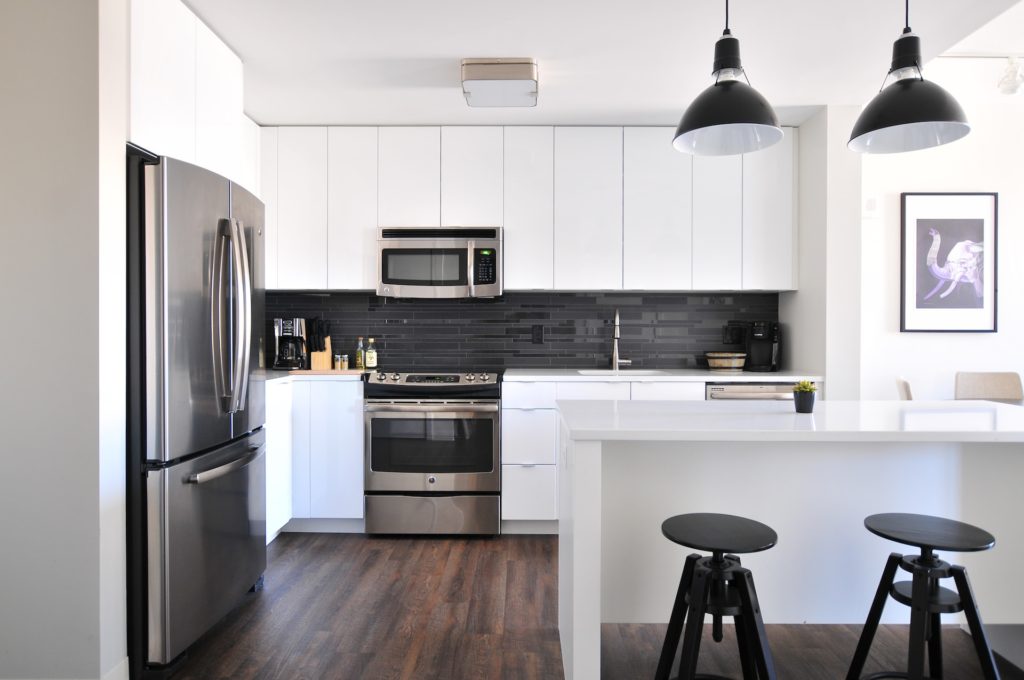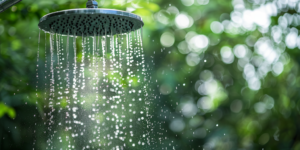During the scorching summer months, the air conditioning (AC) unit becomes vital in maintaining a comfortable and cool indoor environment. However, overloading your AC unit can lead to inefficiency, increased energy consumption, and even system breakdowns. To help you keep your home cool without overwhelming your AC unit, here are six insider tips that will ensure optimal performance and longevity.
1: Maintain Regular AC Unit Maintenance
Regular maintenance is essential for the smooth operation of your AC unit. Schedule annual inspections and tune-ups with a professional HVAC technician to identify potential issues. The technician will clean the coils, check the refrigerant levels, inspect electrical connections, and ensure proper airflow. Staying on top of maintenance can prevent your AC unit from working harder than necessary and avoid overloading.
2: Keep Air Filters Clean
Clogged air filters restrict airflow, forcing your AC unit to work harder to circulate cool air. Clean or replace your air filters every one to three months, depending on usage. This simple task ensures adequate airflow, prevents dust buildup, and reduces strain on your AC unit. Clean air filters help avoid overloading and improve indoor air quality by trapping pollutants and allergens.
3: Seal and Insulate Your Home
Proper insulation and sealing are crucial for maximizing the efficiency of your AC unit. Check for any gaps or leaks around windows, doors, and ductwork. Seal these areas to prevent cool air from escaping and hot air from infiltrating your home. Adequate insulation in walls, attics, and basements helps maintain a consistent indoor temperature, reducing the workload on your AC unit.
4: Utilize Natural Ventilation and Shade
Take advantage of natural ventilation and shade to reduce the workload on your AC unit. Open windows and use ceiling fans to create a cross breeze during cooler parts of the day. This allows fresh air to circulate and cools your home without solely relying on the AC unit. Additionally, use curtains, blinds, or shades to block direct sunlight from entering your home, preventing unnecessary heat gain and reducing the need for excessive cooling.
5: Optimize Thermostat Settings
Proper thermostat settings can significantly impact your AC unit’s workload. Set your thermostat to a comfortable temperature, ideally between 72°F and 78°F (22°C and 26°C). Avoid setting it excessively low, as this doesn’t cool your home faster but only puts additional strain on the system. Consider installing a programmable thermostat to regulate temperatures based on your schedule and save energy when you’re away.
6: Reduce Heat Sources
Identify and minimize heat-generating sources within your home. Appliances like ovens, stoves, and dryers produce significant amounts of heat. To prevent your AC unit from working overtime, limit their use during the hottest parts of the day or opt for alternative cooking methods like grilling. Switch to energy-efficient lighting options, such as LED bulbs, as they produce less heat than traditional incandescent bulbs.
By implementing these insider tips, you can ensure your home’s AC unit operates efficiently without overloading. Regular maintenance, clean air filters, proper insulation, natural ventilation, optimized thermostat settings, and reduced heat sources will not only extend the lifespan of your AC unit but also help you save on energy bills. Use the valuable insights professionals provide to maximize the efficiency and longevity of your AC unit while saving on energy costs in the long run.



